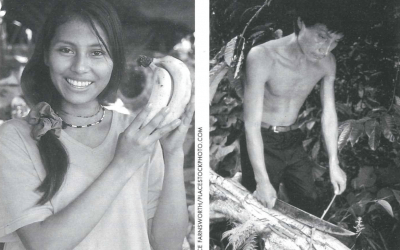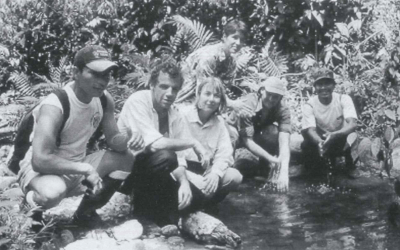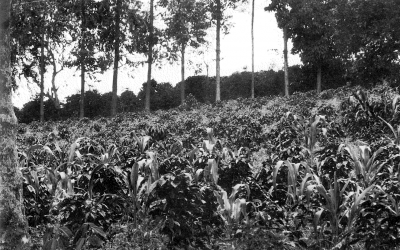Photoessay: Puerto Rico’s Tourism
Christopher Columbus, who one might consider Puerto Rico’s first tourist, was mesmerized by the island—its climate, its beauty, and yes its resources, from whence it got its name “rich port.” It was the gem of the Spanish colonial empire until 1898 when the Spanish-American War resulted in the dissolution of the Spanish empire. Puerto Rico, along with other Caribbean islands, were ceded to the United States, and soon after Puerto Rico officially became recognized as an American territory. Puerto Rico, however, has never allowed itself to be completely indoctrinated into the U.S. Puerto Rico’s own constitution was created in 1952, creating the Estado Libre Asociado de Puerto Rico (Commonwealth of Puerto Rico).
Puerto Rico’s economic well being, however, was perhaps too intertwined with the American economy—when the U.S. economy faltered, the Puerto Rican one followed suit. Successive recessions drove American industries to leave Puerto Rico in search of business opportunities elsewhere, and luxury hotels, forced to shut their doors, dragged local retailers and vendors down with them.
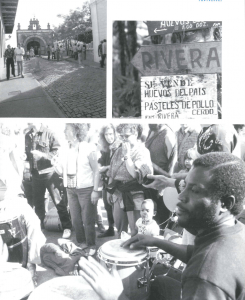
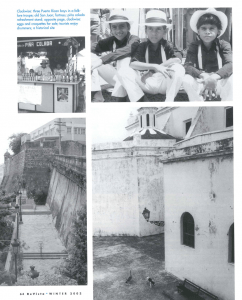
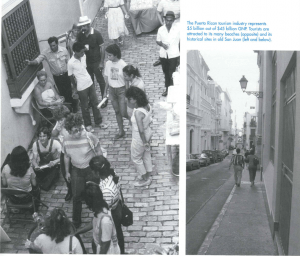
Winter 2002, Volume I, Number 2
Related Articles
Community Ecotourism in the Global Economy
(Napo Province, Ecuador) The RICANCIE community eco-tourism project in the lowland Quichua Indian community at Runa Huasi embraces two rivers. Winding northward through Amazonian indigenous lands …
Certifying Sustainable Tourism
Environmental practices strongly influence the way tourists choose their vacation spots. Increasingly they expect to see methods in place to protect and conserve nature in the areas they visit….
Agricultural Tourism
Colombia’s coffee zone with its rolling green mountains has long been associated with steaming hot cups of coffee and ruana-clad peasant farmers in the classic style of Juan Valdez. …

